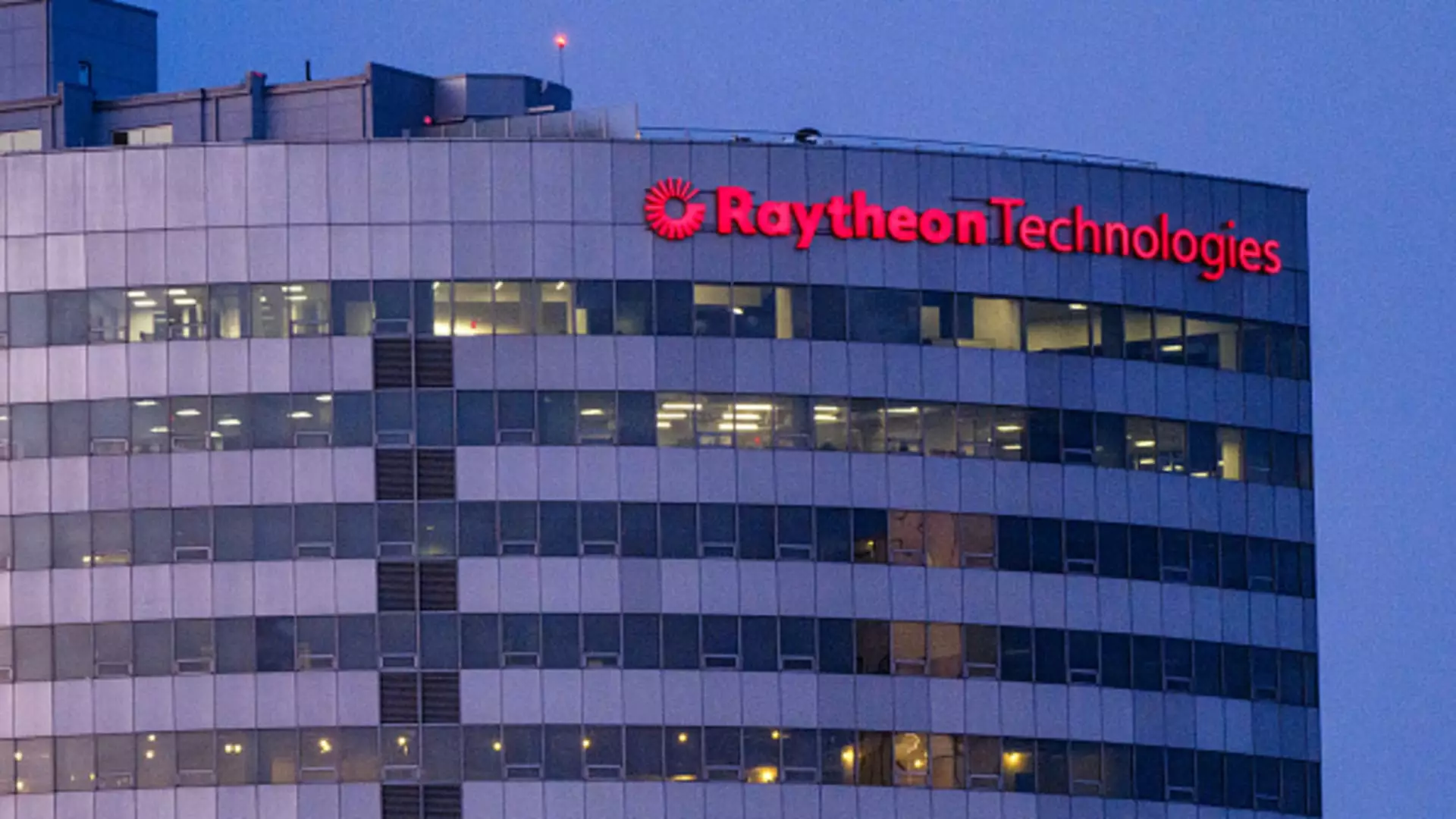In a notable resolution to ongoing legal battles, Raytheon, a subsidiary of defense contractor RTX, has agreed to disburse over $950 million to resolve investigations launched by the U.S. Department of Justice (DOJ). The scrutiny centered on allegations of government contract fraud and violations of foreign bribery laws, along with transgressions related to the Arms Export Control Act. In addition to this hefty sum, the company will also settle charges with the U.S. Securities and Exchange Commission (SEC) for more than $124 million, related to its breaches of the Foreign Corrupt Practices Act. Central to these accusations was the revelation that Raytheon funneled over $32 million in bribes to a relative of Qatar’s emir and several military and government officials in exchange for lucrative defense contracts. The intricacies of this settlement highlight significant concerns regarding the ethical standards maintained within major defense contractors.
As part of its settlement with the DOJ, Raytheon has entered into deferred prosecution agreements in federal district courts situated in Brooklyn, New York, and Massachusetts. These agreements will allow the company to avoid immediate prosecution, provided it meets certain conditions, including the retention of an independent monitor for three years. In contradiction to the principles of transparency and accountability, Raytheon’s persistent engagement in schemes aimed at defrauding the U.S. government spotlight serious flaws within the defense contracting framework. The company’s admission of guilt, particularly regarding its failure to report bribes in export licensing applications, underscores a troubling trend—namely, that some of the highest levels of corporate governance can betray the trust bestowed upon them.
The ramifications of these exorbitant legal settlements extend beyond Raytheon itself, stirring discussions about the ethical conduct expected of publicly traded defense contractors. Deputy Assistant Attorney General Kevin Driscoll articulated this sentiment, noting the detrimental impact of such corrupt practices on public trust, the Department of Defense, and ultimately, on American taxpayers. The settlements force a reexamination of how defense contractors implement and maintain compliance programs, particularly in the realm of international contracts. Moreover, they establish a precedent: directors and executives must not only lead with vision but must also integrate strong ethical practices into their corporate culture and operations.
In its response to these allegations, RTX has taken steps to acknowledge its historical misdeeds, stressing that the wrongdoing was largely confined to the period before 2020. This narrative could serve as a double-edged sword for the company—a way to distance current leadership from past actions while needing to prove genuine reform. As the defense industry stands at a crucial juncture, it will be essential that Raytheon not only commits to enhancing its internal compliance but also unearths the organizational flaws that allowed such improprieties to occur. The real success of this settlement, therefore, will depend not only on financial restitution but on a cultural shift within the organization—one rooted in accountability and ethical governance.
Raytheon’s settlements with the DOJ and SEC reflect a watershed moment that demands reflection within the defense contracting industry. By addressing past failures and striving for an atmosphere of integrity and transparency, Raytheon has the potential to rebuild trust both within its ranks and with the public it serves. However, the path to redemption will require vigilance in reforms, a commitment to ethical behavior, and an unwavering determination to do better.


Leave a Reply